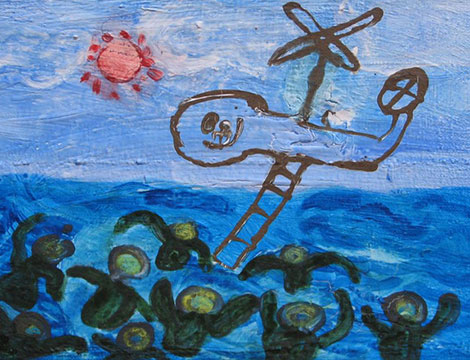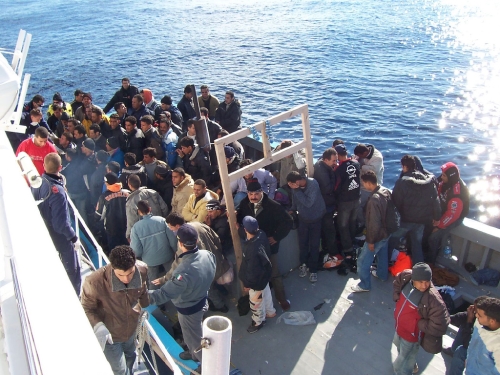
This article was originally published by IPI Global Observatory on 3 February 2017.
Within two weeks of taking power, new United States President Donald Trump has signed a number of executive orders that have caused alarm around the world. Perhaps the most controversial of these was an immigration ban that indefinitely suspended the entry and resettlement of Syrian refugees to the US and enacted a 90-day ban on travelers from six Muslim majority countries: Iran, Iraq, Libya, Sudan, Somalia, and Yemen. While fears about Muslim immigration are widespread in the US and elsewhere, a significant body of research has failed to find justification for such policies. Indeed, there is strong evidence to suggest that they might make the targeted problem of Islamic extremism much worse.
The Trump administration has justified the move as “preventive” and designed to reduce terror threats facing the US, yet the Cato Institute finds that not a single person (including refugees) from any of the Muslim-majority countries included has been involved in a terrorist attack in the US in the past 40 years. Data provided by the New America Foundation (since 9/11) and the Centers for Disease Control and Prevention (2005-2014) has, meanwhile, found that on a 10-year average, 11,737 Americans are likely to be killed from gun violence per year, compared with just two by Muslim jihadi immigrants.



